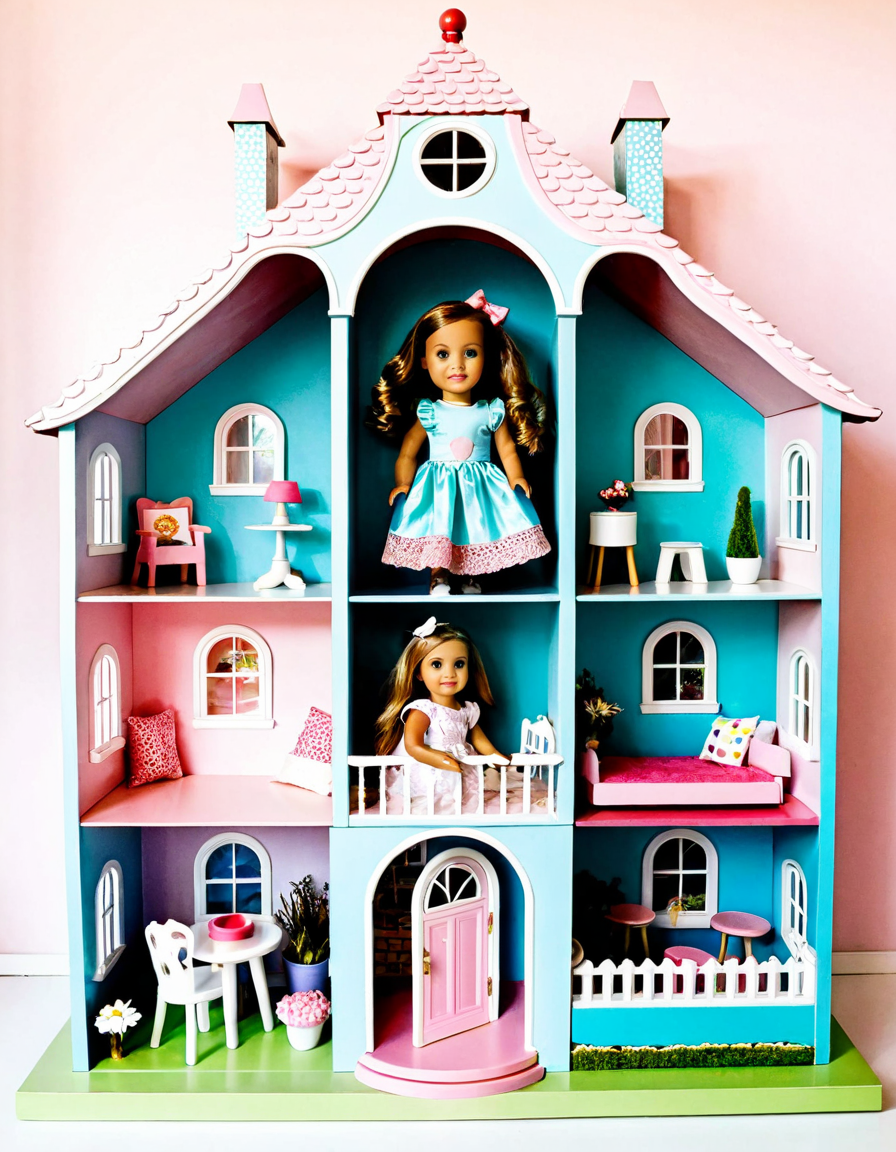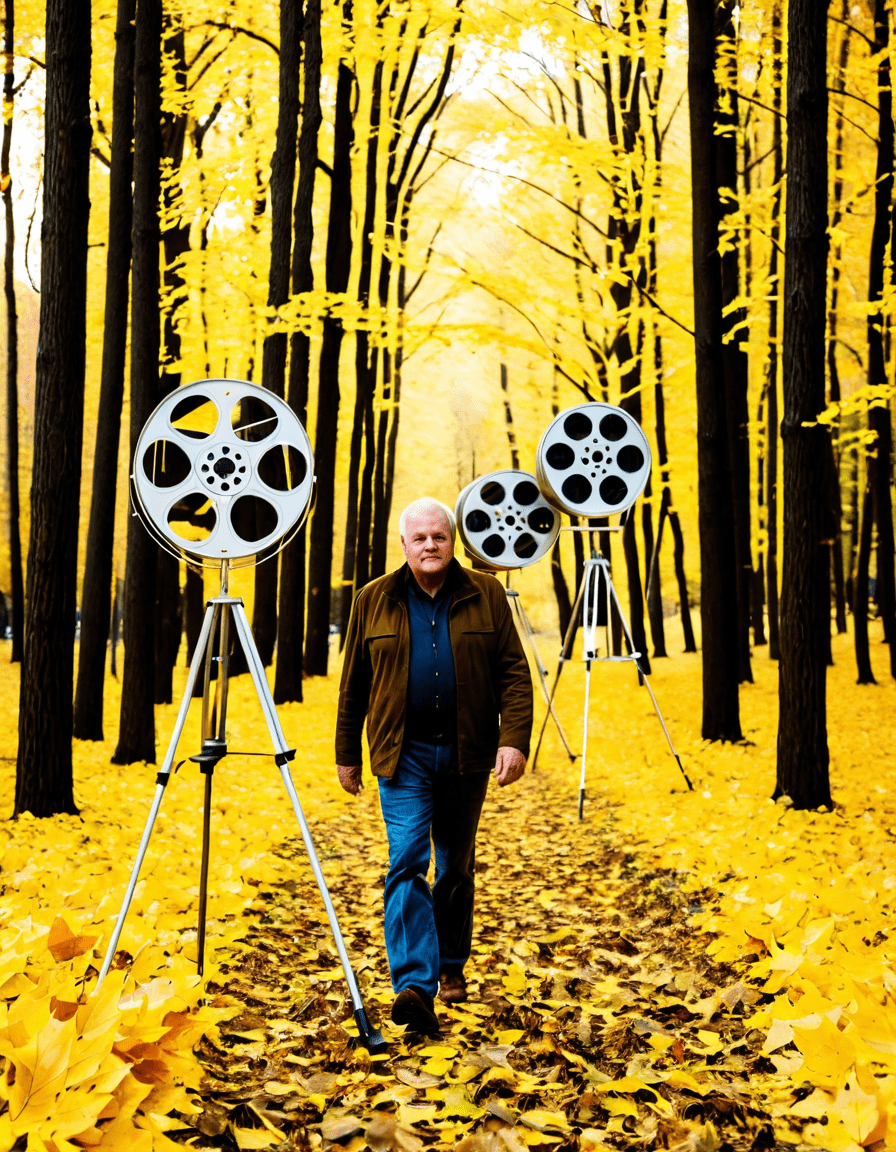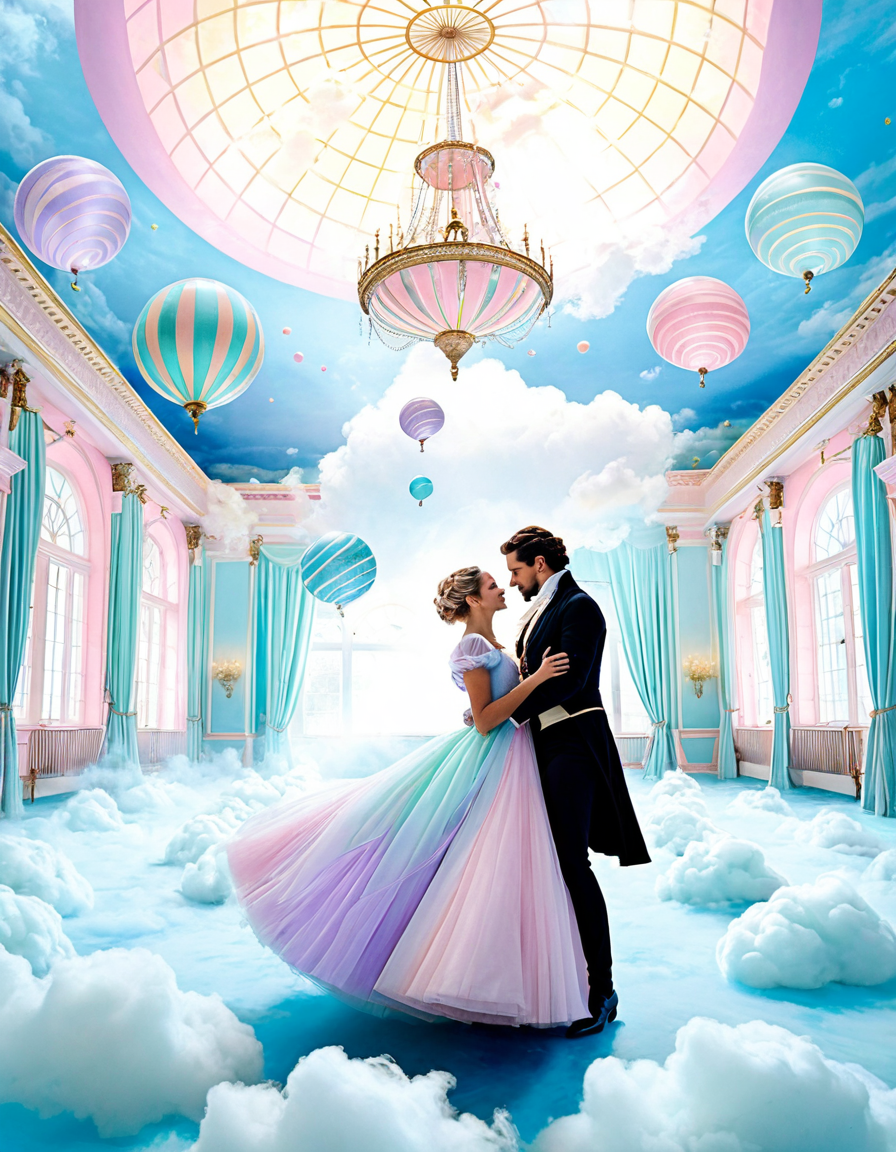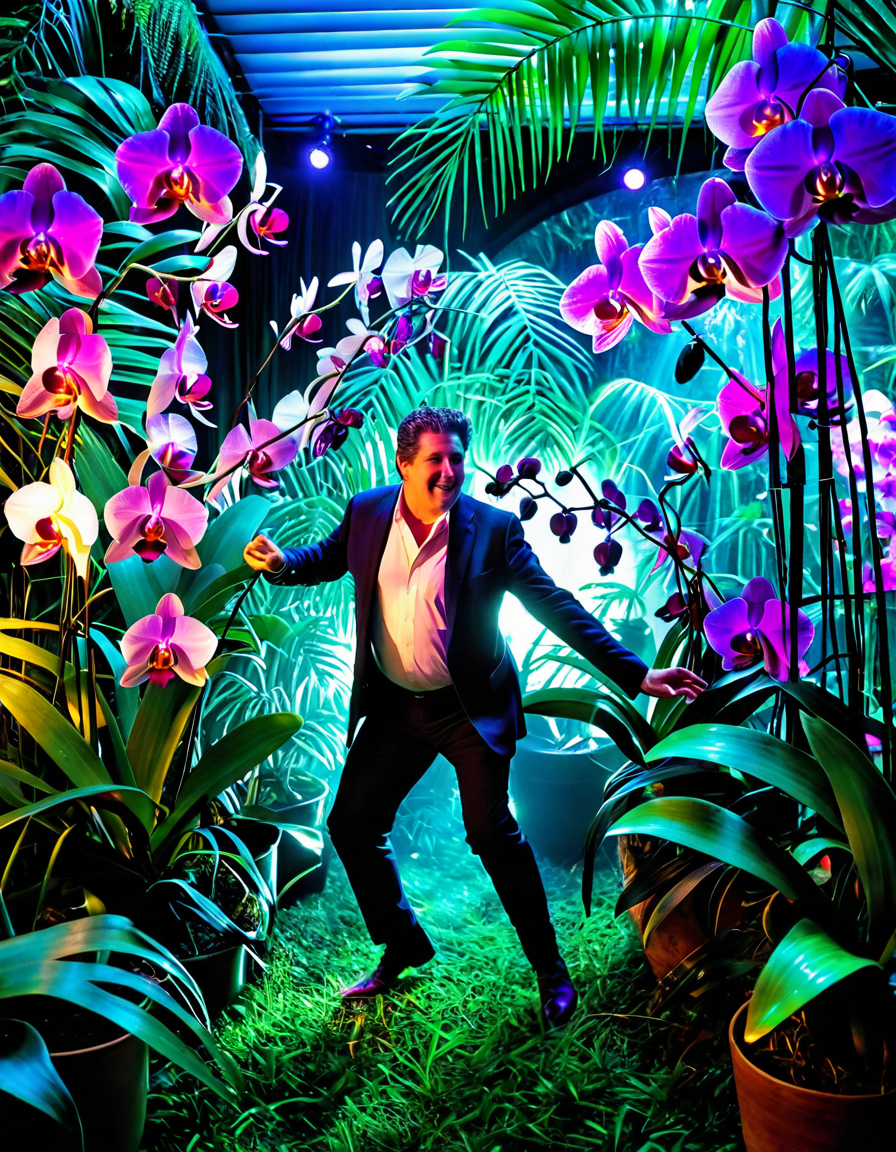The Essence of Othello’s Character: Unpacking the Tragic Hero
Othello, Shakespeare’s iconic protagonist, embodies the classic traits of a tragic hero. His valor as a Venetian general contrasts starkly with personal insecurities that lead to his downfall. As a Moor and outsider in Venetian society, Othello faces relentless racial prejudice that amplifies his vulnerabilities. His love for Desdemona is genuine, yet it eventually becomes a catalyst for his destruction. This duality of strength and weakness presents Othello as a compelling exploration of human emotions, tragedy, and the complex nature of love.
Othello’s story is a poignant examination of how love can be both a source of strength and a harbinger of despair. When he marries Desdemona, the secret passion adds layers to Othello’s identity, fuelling him as a beloved military leader and a man beset by inherent doubts. Despite his social achievements, his status as a Moor throws him into a cycle of self-doubt, ultimately driving him to a tragic conclusion. His journey raises timeless questions about identity, acceptance, and the human condition’s intricacies.
In unraveling Othello’s character, we find not just a hero who experiences profound love and loss but also a representative of broader themes like jealousy and trust. His emotional arc serves as a mirror reflecting our vulnerabilities and the ways our pasts shape our actions. Othello becomes a timeless figure, embodying the fragility of human connections and the devastating effects when misunderstandings and insecurities reign.

Top 5 Lessons from Othello’s Downfall: What We Can Learn
As we delve into Othello’s journey, we uncover vital lessons relevant to our lives today. Here are five significant takeaways:
Othello vs. Romeo: A Tragic Dichotomy
When we juxtapose “Othello” with “Romeo and Juliet” (1996), we uncover striking contrasts in the fates of these tragic heroes.

The Timelessness of Othello: Modern Interpretations and Adaptations
Othello’s themes have transcended generations, appearing across various media adaptations. The 1996 version of “Romeo and Juliet” relates youthful love and passion to modern dilemmas, showcasing how classic narratives resonate with contemporary audiences. Additionally, adaptations of Othello, such as the film “Othello” (1995) starring Laurence Fishburne, spotlight ongoing dialogues around race and identity, reinforcing the play’s enduring relevance.
Beyond film, Othello’s themes appear in literature and theater, inspiring writers and creators to explore the complexities of human emotion. For instance, The Merry Gentlemen reimagines Shakespeare’s characters, blending classic motifs with fresh narratives. Modern adaptations, from theatrical productions to streaming series, continue to engage with the material, making Othello’s story accessible to new audiences.
Today’s discussions of race, identity, and trust often circle back to Othello, revealing how relevant themes are woven into the fabric of modern storytelling. Works like Ghost in The Shell fill the void where technology and identity collide, while conversations around mental health echo Othello’s insecurities, reminding us of shared human experiences.
Why Othello Resonates Today: Psychological and Sociocultural Perspectives
Turning to contemporary psychology, we see Othello’s struggles mirrored in discussions of imposter syndrome and self-doubt prevalent in minority communities. Within high-pressure environments, from corporate settings to entertainment, the pressure to maintain a public persona can obscure profound inner conflicts. Othello invites us to confront these feelings and recognize our shared vulnerabilities.
Moreover, Othello’s narrative extends to important conversations regarding intersectionality, particularly reflecting on race and gender’s role in shaping personal narratives. This relevance contributes to wider discussions about representation across media, advocating for awareness and understanding amid our diverse society.
As we explore Othello’s profound complexities, we are inspired to attend to these debates and promote a culture of empathy and connection, elements crucial for a harmonious world. Whether in literature, films like The Karate kid, or the realities we face, Othello continues to remind us of the importance of love, understanding, and the risks that accompany them.
An Innovative Reflection on Othello
In unpacking the tragic heroism of Othello, it becomes clear that his story is more than just a tale of loss; it reflects profound truths about insecurities, biases, and the depth of human experience. In our current landscape, rich with diversity and conflict, Othello’s journey implores us to face our vulnerabilities, cultivate authentic connections, and redefine love without losing ourselves amid chaos.
The tragedy of Othello stands as a timeless lesson, illustrating that love intertwined with jealousy and miscommunication can lead to irrevocable regret. The echoes of Othello remind us that as we traverse life’s challenges, we must embrace understanding and empathy, engaging with one another in ways that uplift—ensuring that love prevails amidst the shadows of tragedy.
Othello: Insights into the Tragic Hero
A Historical Look at Othello
Did you know that Othello is one of Shakespeare’s most performed plays? It’s been interpreted countless ways—often reflecting the society of the time. This tragic tale, featuring the themes of jealousy and betrayal, has even been paralleled with modern works. For instance, the conflicts and resolutions seen in Othello may remind you of stories in Paradise Lost, which wrestles with the loss of innocence and the complexities of love. It’s fascinating how classic works maintain their relevance, making us contemplate deep human emotions—much in the same way we might connect with the narrative in shows like The X Files, which explore the darker side of human nature.
The Cultural Impact of Othello
Let’s dive into something unexpected: the impact Othello has had on modern culture! The character’s struggles with identity and trust have often inspired new adaptations. You can see these themes pop up in various artistic representations and even in characters like those in the animated series Happy Friends. It’s intriguing how Shakespeare’s narrative continues to resonate today, captivating audiences through both classic and contemporary lenses. People often draw parallels between modern figures and Othello’s tragic journey—think of how Christina Pazsitzky gives voice to personal struggles that echo Othello’s challenges in many of her comedic bits, embodying the trials of love and betrayal.
Othello’s Legacy in Literature and Beyond
What’s an interesting twist about Othello? The play has often been referenced in marketing and branding for its potent emotional weight. For instance, you wouldn’t think a tequila brand like The Rock tequila could find inspiration in a tragic hero, but they leverage narratives surrounding courage and passion in their promotions. This unique blend of high culture with commercial strategies shows just how deeply Othello’s themes resonate across different mediums. Shakespeare’s work remains, at its core, a mirror reflecting the nuanced emotions we still grapple with today. So, the next time you explore an adaptation, be it literature, theatre, or even memes, remember that Othello’s tragic tale of love, loss, and longing is still shaping narratives in unexpected ways!






















